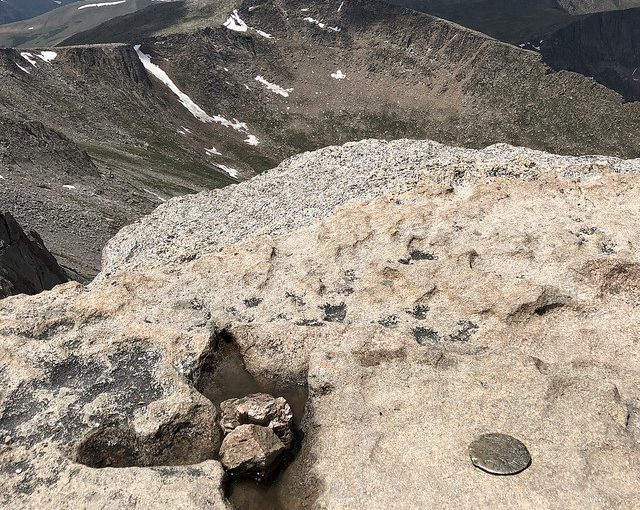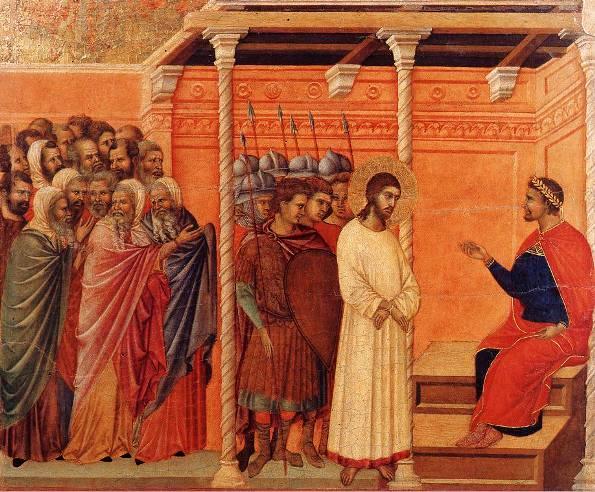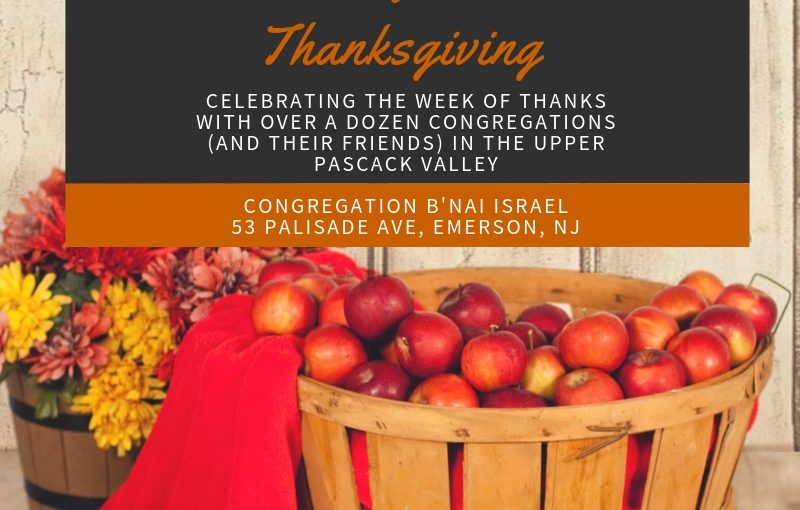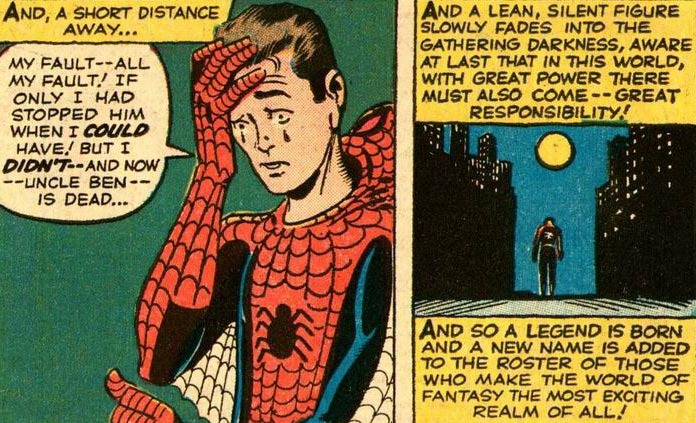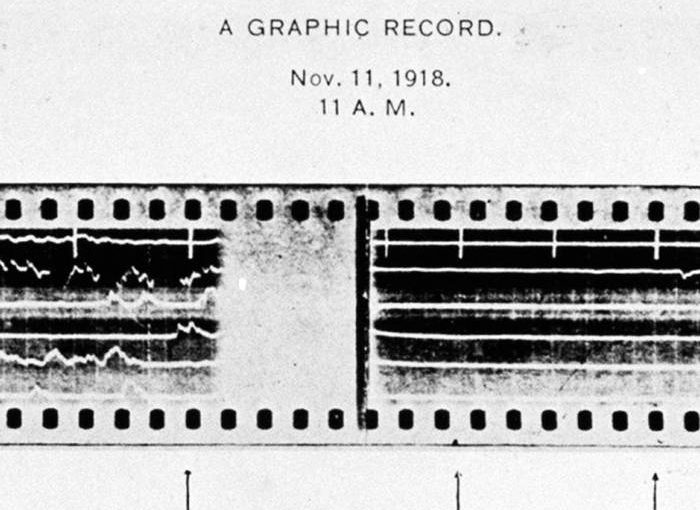At that very time there were some present who told him about the Galileans whose blood Pilate had mingled with their sacrifices. He asked them, “Do you think that because these Galileans suffered in this way they were worse sinners than all other Galileans? No, I tell you; but unless you repent, you will all perish as they did. Or those eighteen who were killed when the tower of Siloam fell on them—do you think that they were worse offenders than all the others living in Jerusalem? No, I tell you; but unless you repent, you will all perish just as they did.”
Luke 13:1-9
Then he told this parable: “A man had a fig tree planted in his vineyard; and he came looking for fruit on it and found none. So he said to the gardener, ‘See here! For three years I have come looking for fruit on this fig tree, and still I find none. Cut it down! Why should it be wasting the soil?’ He replied, ‘Sir, let it alone for one more year, until I dig around it and put manure on it. If it bears fruit next year, well and good; but if not, you can cut it down.’”
My sermon from the Third Sunday in Lent (March 24, 2019) on Luke 13:1-9.
******
“What does this mean?” is a pretty Lutheran question. If you opened up your copy of The Small Catechism, Martin Luther’s booklet to help parents teach their children what faith is all about, you would see a version of that question all over. Luther used the Apostle’s Creed, the 10 commandments, and the Lord’s prayer as tools to show everyone why Jesus matters. Now, if you grew up Lutheran, hearing that question might make you a bit uncomfortable. Because for generations, we traumatized 13 year olds at the end of their Confirmation programs by making them stand in front of the entire congregation and recite, from memory, Luther’s answers to that question. In the Confirmation program I teach, I no longer make kids do that. But we do spend a lot of time with the question: what does this mean? In fact, that’s pretty much the standard question we all ask whenever we are face-to-face with the Bible and with Jesus. When we discover terms, ideas, or stories that confuse us, that question helps us to find meaning in the things we don’t understand. But the search for meaning is more than a search for understanding. We also want to make this encounter with faith useful for our everyday life. That usefulness can be as simple as finding a moral argument we can use in our decision making or, when we’re confronted by a text that makes us a uncomfortable, we might want to find way to explain it away so we can ignore it. In the words of Diane Jacobson, we sometimes approach the bible, looking to “…[boil it] down to its core essentials.” We want every verse to have a obvious meaning, every paragraph to be a statement of faith, and every story about Jesus condensable into 140 characters or less. If we can strip down faith, we can then insert that faith into the things we already do, think, and feel. The question, “what does this mean?” is one of the ways we try to turn an encounter with faith into an actual faith that’s lived out in our lives.
But that question doesn’t show up only in our encounter with the Bible. Because how many times have you starred in the mirror, looking at your current life, and wonder, “what does this mean?” How many times have you reflected on your family, your community, and maybe the entire world and found yourself praying, “what does this mean?” Our search for meaning isn’t limited to only our engagement with the Bible. Our search for meaning shows up in every moment of our lives. When we have a chance to catch our breath while living through a whirlwind of joy, despair, tears, and sorrow – “what does this mean?” is the right question. It’s a faithful question and one I believe God wants us to ask. But the simple, quick, and easy answer we want might not be the actual answer God’s telling us to hold on to.
In our reading today from the gospel according to Luke, “what does this mean?” is a question the people around Jesus knew very well. We find ourselves dropped into the climax of a conversation Jesus began in chapter 12 while surrounded by a crowd of thousands. Jesus switched back and forth between talking to his disciples and to the crowd. He told those who followed him to be ready; to live confidently, trusting God, and encouraging them to remain faithful to what God was already doing. But that faithfulness wasn’t a call to wait and see what God was up to. Rather, since Jesus was with them, God had already made the first move. Everyone was invited to participate in what was already happening. People were being fed; the sick were being healed; the demons that drove people apart were being casted out; and those society chose to ignore were being seen, noticed, and restored to the community by Jesus himself. God was literally on the move and they were told to join in. The answer to the question of “what does this mean” when Jesus showed up was to get behind him so that God could take you where God knew you needed to go.
Now, it’s at that moment when some in the crowd asked Jesus a “what does this mean” question of their own. They had watched the government brutally murder a group of people who had gathered for worship and they knew of a building disaster in Jerusalem that had killed 18 people. Neither of those groups had the opportunity to jump on board with what God was currently doing. The crowd wanted to know what does it mean since they missed Jesus. Did they die because they were worse than others? Was their suffering, pain, and sorrow caused by their sin and does God, somehow, love them less? Jesus answered: no. Violence, pain, suffering, and the things we don’t understand are not a sign that God loves us less. Nor are those kinds of experiences an example of God abandoning us in our hour of need. I honestly believe God’s heart breaks everytime ours does and we have a Jesus who knows exactly what it’s like to weep. Jesus’ divinity does not overwrite his humanity and his love for us cannot be overwritten by our brokenness, sorrow, or sin.
Yet we will not always receive a simple, clear, or exact answer to the question, “what does this mean?” Pilate, the Roman governor, was wrapped up in an ideology and way of life that had no problem killing those who didn’t believe, act, or serve Rome like he did. His behavior seems like something we might understand or, at least, see other examples of in the world around us. But when the tower of Siloam collapsed…that’s just what it did. We would like to know what it all means. We would like to know how we can take reality, mix in a little faith, and come out on the other side with an answer protecting us from what comes next. Yet the reality of our being alive means that we also need to come to grips with the mystery of meaning and the uncertainty of not knowing. And that kind of uncertainty is at the heart of parable Jesus used about the fig tree and the gardener.
In the words of Eric D. Barreto, “Many of Jesus’ stories leave us with uncertainty…. we do not know if manure and a gardener’s touch ends up making any difference whatsoever. Does the gardener just delay the inevitable? Does the gardener hold off for one year the fig tree’s destiny of serving as compost for another, more productive tree?” Jesus’ parable ended before it could reach any kind of resolution. We are left with that tree, in the uncertainty of “one more year.” We find given the opportunity to notice what God is doing while realizing the urgency of what such a call truly means. Following Jesus isn’t something we’re asked to do tomorrow. Following Jesus is something we get to do today. In your baptism and in your faith, you are wrapped up by Jesus who isn’t waiting for you to be perfect before he called you to follow him. Instead, he came to you as you are so that you, through Him, can become exactly who God knows you can be. But, if we’re honest, we’re not always sure exactly what that means. A life with faith is a life that will sometimes be uncertain. A life with faith is a life that’s often doubting. A life with faith is a life that will often ask “what does this mean?” Yet, even when we don’t know the answer and we’re at a loss of what to do next – that doesn’t mean we’re alone or that God loves us less. When we find ourselves not being able to see the way forward, that’s when we’re called to get behind Jesus, because he’s already leading the way.
Amen.
